MCQ ON BLOOD CORPUSCLES class 12 for NEET | BLOOD CORPUSCLES class 11 | MCQ BLOOD CORPUSCLES with Answer | Check the below NCERT MCQ question for class 12 Biology based inon the with Answers.
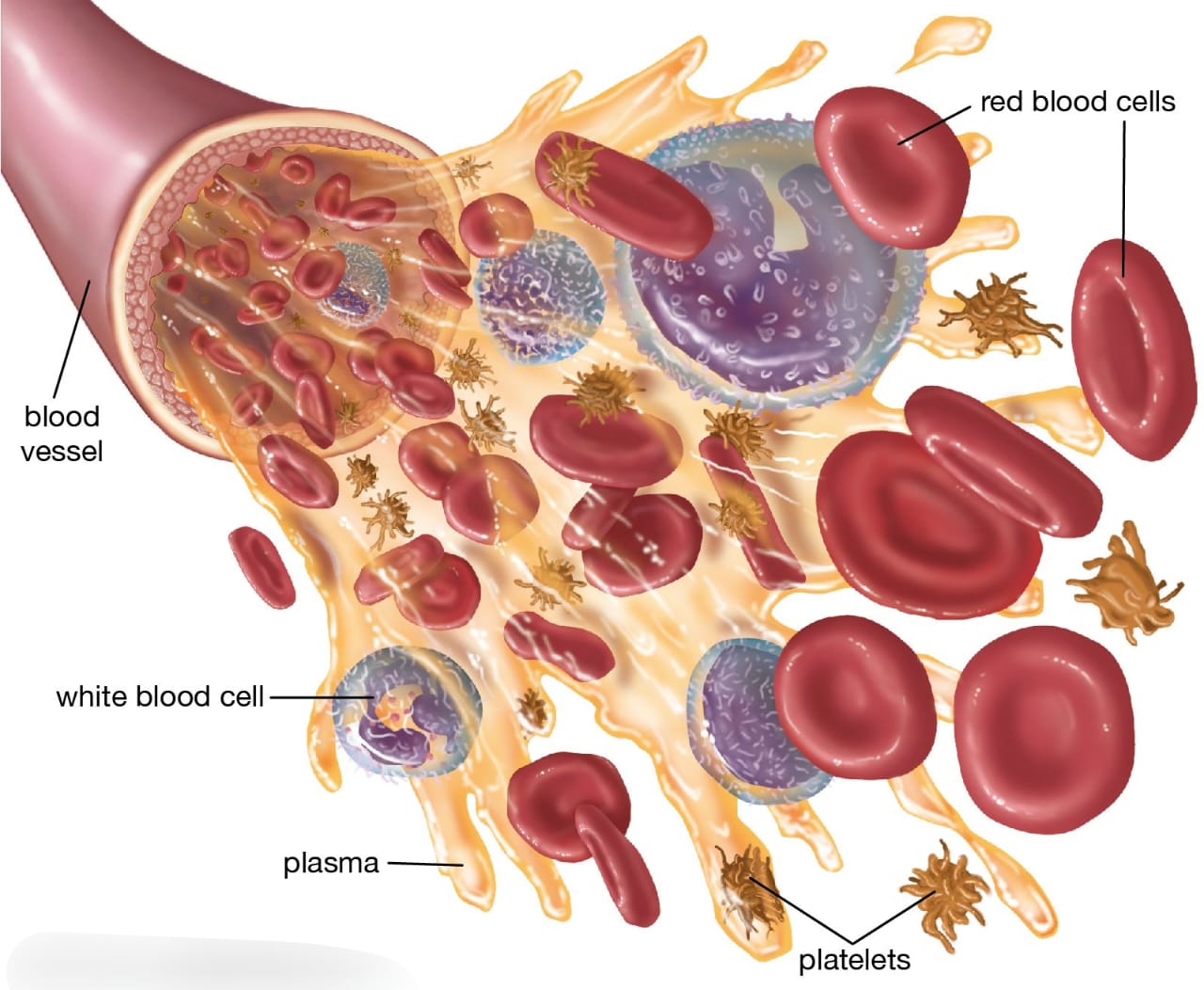
MCQ ON BLOOD CORPUSCLES class 12 for NEET
MCQ on BLOOD CORPUSCLES class 12 Biology with answers were prepared based on the latest pattern.We have provided class 12 Biology MCQs question with Answers to help students understand the concept very well.
MCQ ON BLOOD CORPUSCLES is useful for NEET / CSIR / UGC / CBSE / ICSE / AIIMS / EXAM / AFMC EXAM / STATE LEVEL MEDICAL EXAM 2022-23 , 2023-24
INTRODUCTION:-
Blood is the most commonly used body fluid by most of the higher organisms including humans for this purpose. Another body fluid lymph also help in the transport of certain substances.
Bloody special connective tissue consisting of a fluid matrix, plasma and formed elements.
Plasma is a straw coloured viscus fluid constituting nearly 55% of the blood.
90-92 percentage of plasma is water and proteins contribute 6-8 percentage of it. Fibrinogen, globulins and albumins are the major proteins.
Fibrinogens are needed for clotting or coagulation of blood. Globulins primarily are involved in defense mechanisms of the body and albumins helps in osmotic balance.
Erythrocytes, leukocytes and platelets are collectively called formed elements.
MCQ ON BLOOD CORPUSCLES 12 for NEET
1. Formed elements are constituted of
(a) erythrocytes
(b) leucocytes
(c) platelets
(d) all the above
Ans (d) all the above
2. It is formed in red bone marrow in adults.
(a) RBCs
(b) WBCs
(c) Platelets
(d) All the above
Ans. (d) All the above
3. RBCs of mammals are
(a) devoid of nucleus and biconcave
(b) nucleate and biconvex
(c) enucleated and biconcave
(d) all the above
Ans. (a) devoid of nucleus and biconcave.
4. RBCs have an average life span of …..
(a) 120 days
(b) 125 days
(c) 130 days
(d) 140 days
Ans.(a) 120 days
5.Graveyard of RBCs
(a) spleen
(b) plasma
(c) platelets
(d) WBCs
Ans.(a) spleen
6. Granulocytes are
(a) neutrophils
(b) eosinophils
(c) basophils
(d) all the above
Ans.(d) all the above
7. Agranulocytes
(a) lymphocytes
(b) monocytes
(c) both a and b
(d) neutrophils
Ans.(c) both a and b
8. Most abundant cells of the total WBCs.
(a) Neutrophils
(b) monocytes
(c) basophils
(d) all the above
Ans.(a) Neutrophils
9. Phagocytic cells which destroy foreign organisms entering the body.
(a) Neutrophils
(b) Monocytes
(c) both a and b
(d) basophils
Ans. (c) both a and b
10. Which corpuscles are involved in inflammatory reactions ?
(a) Basophils
(b) Eosinophils
(c) Monocytes
(d) Neutrophils
Ans. (a) Basophils
11. The corpuscles are associated with allergic reactions.
(a) Eosinophils
(b) Basophils
(c) Neutrophils
(d) Monocytes
Ans.(a) Eosinophils
12. The blood components which are responsible for immune response of the body.
(a) B lymphocytes
(b) T lymphocytes
(c) both a and b
(d) eosinophils
Ans . (c) both a and b
13. Platelets are also called
(a) thrombocytes
(b) T- lymphocytes
(c) neutrophils
(d) Basophils
Ans.(a) Thrombocytes
14.Megakaryocytes are special cells found in
(a) bone marrow
(b) bone
(c) cartilage
(d) all the above
Ans. (a) bone marrow
15.Clotting of blood takes place
(a) platelets
(b) RBCs
(c) WBCs
(d) all the above
Ans.(a) platelets
ALSO READ:-
● YOU CAN WATCH BIOLOGY SIR Youtube channel
16. Which blood components play a significant role in transport of respiratory gases.
(a) RBCs
(b) WBCs
(c) platelets
(d) plasma
Ans.(a) RBCs

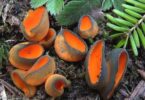
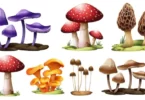
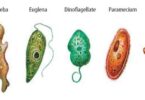
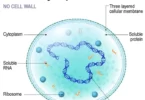
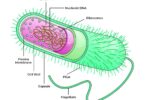
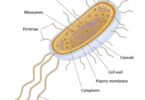
Leave a Comment